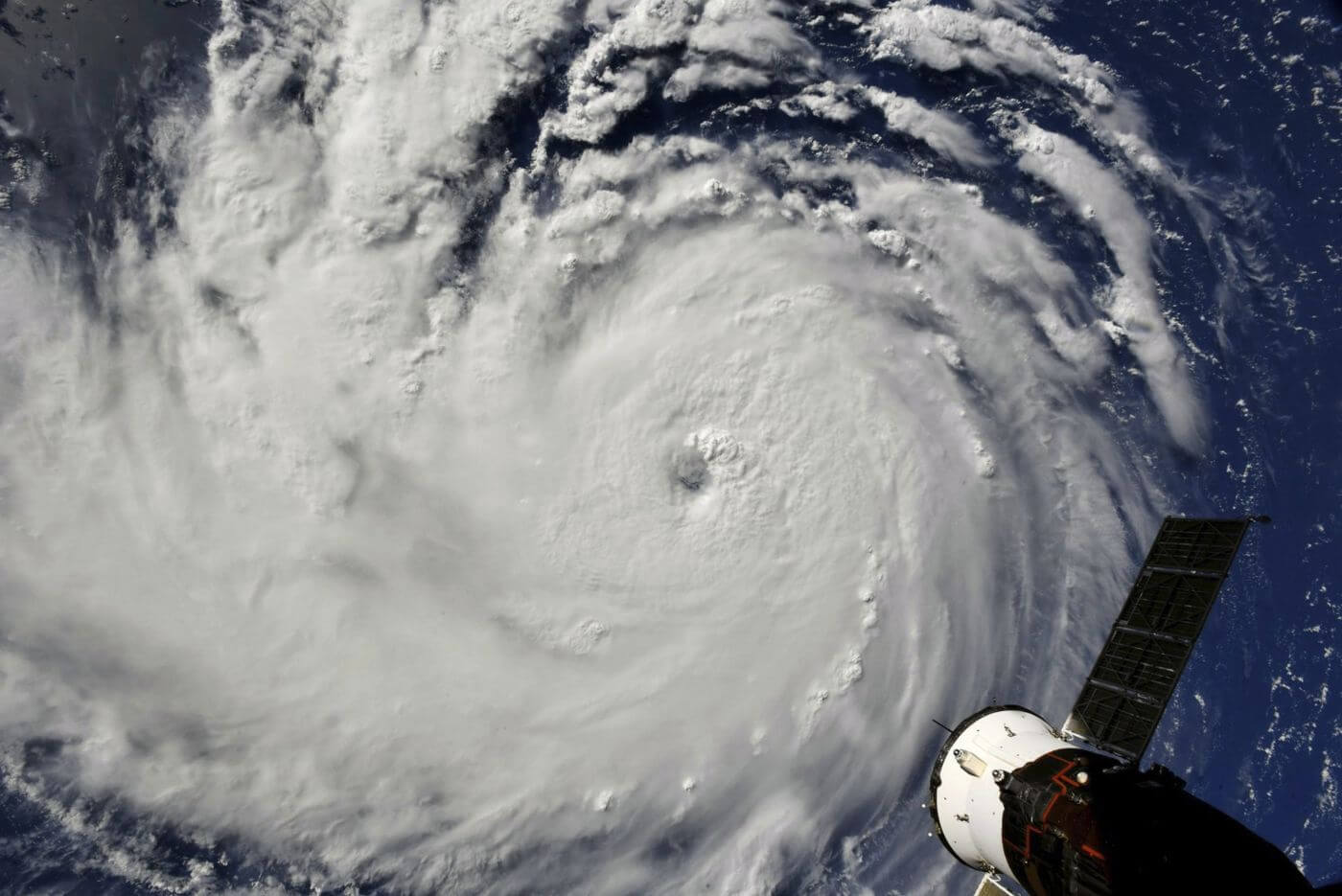Article Last Updated July 8, 2019
While major storm events are on the rise throughout the U.S. and the globe, 83% of U.S. residents are unprepared for a natural catastrophe. Peak hurricane season runs through the end of October, and officially ends on November 30. In our previous article, Top 5 Tips for Hurricane Preparedness, we discussed the importance of having a plan, emergency supply kit, knowing your evacuation route, and reviewing your insurance policy coverage.
Here are a few tips on how to prepare your property before, during, and after a hurricane. With over 20 years of experience helping property owners, cities and municipalities rebuild after major hurricanes, our team at Venture Construction Group (VCG) knows it can be stressful. It’s important to stay prepared before, during, and after the storm.
Before the Hurricane
- Stay tuned to the local and national news. If your local officials order evacuations, go.
- Check out our guide: Top 5 Tips for Hurricane Preparedness
- Make sure your Hurricane/ Disaster Plan is in place and your friends/family have your plan. Don’t forget your pets!
- Gather supplies including food, water, first aid kit, can opener, solar or battery operated radio, flashlight, protective clothing.
- Make sure your car is full of gas.
- Make sure you have some cash on hand if needed after the storm. Banks may be closed.
- Know your evacuation route.
- Take photos of your possessions.
- Have copies of your insurance policies with you.
- Ensure you have a water supply during the hurricane for cleaning and flushing toilets. Fill large containers and your appliances with water. You can also fill the bathtub and sinks.
- If you plan on staying in your home, consider purchasing a generator in case the power goes out.
- Know where and how you can turn off electricity, gas and/or propane if needed.
- Secure your property.
- Inspect your roof and property before the storm.
- Strap down your roof. Use hurricane straps or clips to fasten your roof to the structure to reduce roof damage.
- Protect attached structures such as porches, balconies, decks, sheds, and carports and ensure they are in good condition and firmly attached.
- Board up your windows. Permanent storm shutters offer the most advanced protection for windows. If you don’t have shutters, it is recommended to use 5/8” exterior grade or marine plywood. Use heavier plywood to cover large pieces of glass, such as sliding patio or balcony doors, pool enclosures. Note: Tape does not prevent windows from breaking.
- Install head and foot bolts on your doors. These will provide extra protection from the heavy winds.
- Clear clogged and loose rain gutters and downspouts to prevent flooding.
- Test drains and sump pumps and ensure they are in good working condition.
- Bring in all outdoor items that could blow away or fly around and cause further damage.
- Trim trees, shrubs and vegetation around your property to reduce flying debris and minimize risk to your plants. Immediately before a hurricane, you can also tie down small trees and shrubs to help prevent uprooting.
During the Hurricane
- If authorities instruct it, evacuate if you haven’t already done so.
- If authorities instruct it, go to a shelter if you haven’t already done so.
- If authorities instruct it, turn off utilities.
- Avoid using the phone when possible.
- Avoid low-lying and flood prone areas.
- Always stay indoors during a hurricane. The heavy wind gusts cause major debris to fly around and it can be deadly.
After the Hurricane
- Listen to your weather station to monitor weather conditions and find out when it’s safe to go outside.
- Check in with your family and friends.
- Check your surroundings. Be careful of downed electrical wires. Stay away from standing water, it can still hold electrical charges from downed power lines.
- Be aware of flood prone areas when walking or driving. Do not drive in flooding water.
- Don’t drink tap water until officials say it’s safe to do so.
- Get your property inspected as soon as you can to mitigate further deterioration and property destruction.
Hurricane Preparedness Resources
- Federal Emergency Management Agency (FEMA)
- FEMA App
- FEMA Business Hurricane Toolkit
- FEMA Emergency Supply List
- FEMA National Flood Insurance Program
- National Hurricane Center
- National Oceanic and Atmospheric Administration (NOAA) Evacuation Zone Finder
- National Weather Service
- National Weather Service Definitions: Watches, Warnings, Advisories and Outlooks
- National Weather Service Hurricane Tips
- Gov Phone Alerts
- Ready.Gov Hurricane Supply Kit List
Photo Credit: Astronaut Ricky Arnold/Twitter

